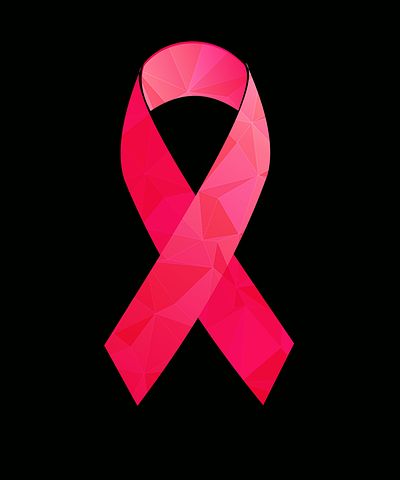Blood Test Can Detect Breast Cancer 5 Years Before Symptoms Occur
Researchers at the University of Nottingham presented findings about the test at the 2019 NCRI Cancer Conference.
November 4, 2019

A new blood test could detect breast cancer up to five years before there are any clinical signs of the disease. The test identifies the body’s immune response to substances produced by tumor cells according to new research presented at the 2019 NCRI Cancer Conference.
Cancer cells produce proteins called antigens that trigger the body to make antibodies against them -- autoantibodies. Researchers at the University of Nottingham (UK) have found that these tumor-associated antigens (TAAs) are good indicators of cancer, and now they have developed panels of TAAs that are known already to be associated with breast cancer to detect whether or not there are autoantibodies against them in blood samples taken from patients.
In a pilot study the researchers, who are part of the Centre of Excellence for Autoimmunity in Cancer (CEAC) group at the School of Medicine, University of Nottingham, took blood samples from 90 breast cancer patients at the time they were diagnosed with breast cancer and matched them with samples taken from 90 patients without breast cancer (the control group).
They used screening technology (protein microarray) that allowed them to screen the blood samples rapidly for the presence of autoantibodies against 40 TAAs associated with breast cancer, and also 27 TAAs that were not known to be linked with the disease.
Presenting the research at the NCRI Conference, Daniyah Alfattani, a PhD student in the group, said: "The results of our study showed that breast cancer does induce autoantibodies against panels of specific tumor-associated antigens. We were able to detect cancer with reasonable accuracy by identifying these autoantibodies in the blood."The researchers identified three panels of TAAs against which to test for autoantibodies. The accuracy of the test improved in the panels that contained more TAAs. The panel of five TAAs correctly detected breast cancer in 29% of the samples from the cancer patients and correctly identified 84% of the control samples as being cancer-free. The panel of seven TAAs correctly identified cancer in 35% of cancer samples and no cancer in 79% of control samples. The panel of nine antigens correctly identified cancer in 37% of cancer samples and no cancer in 79% of the controls.
The industry is scrambling to develop more efficient ways to detect breast cancer. Earlier this year, Dune Medical revealed a new technology that can diagnose a suspicious lesion in breast tissue in a third of a second. The Smart Biopsy Device works by detecting morphology changes that occur when there is cancer present.
About the Author(s)
You May Also Like


.png?width=300&auto=webp&quality=80&disable=upscale)